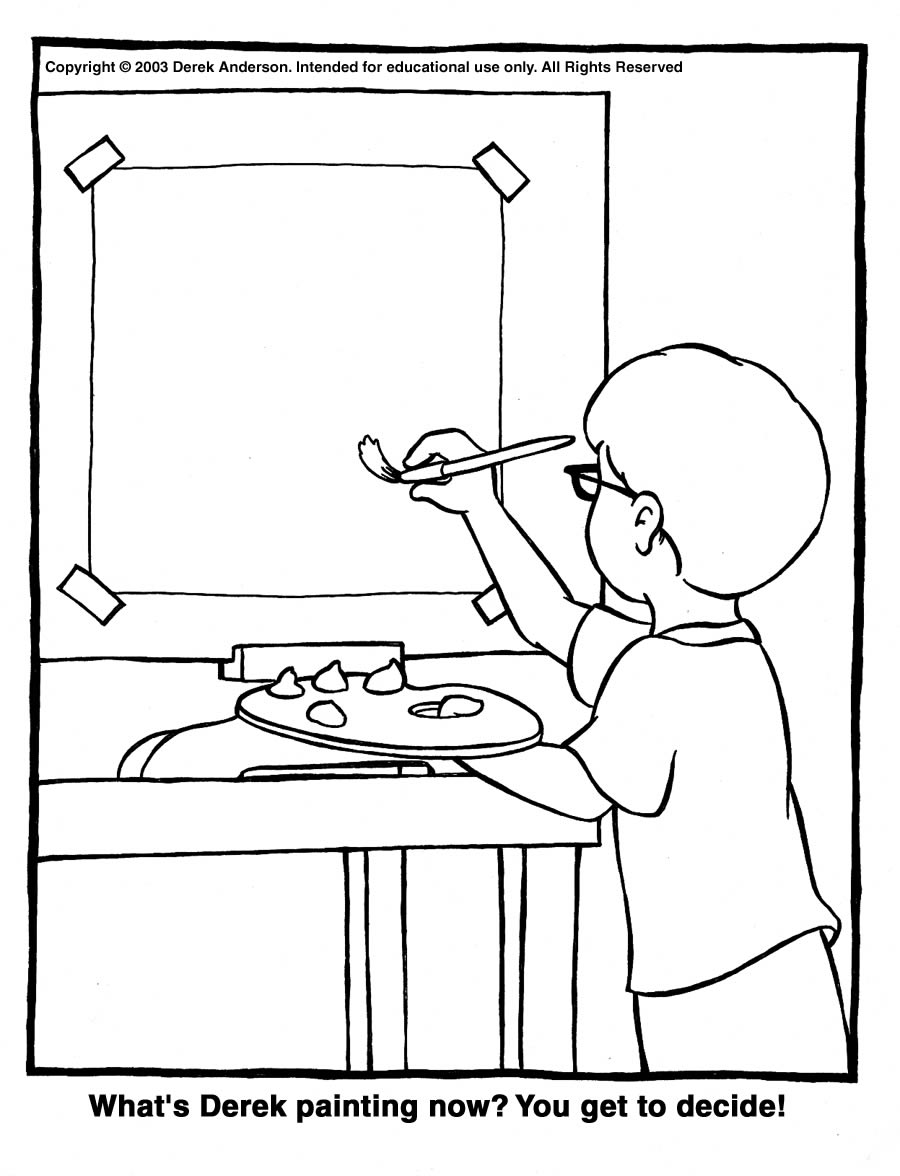On In Page - For pages, including website pages, always use on. If you are treating the web page as similar to a book page — a fairly transparent metaphor — then one would use on because. We usually use “on page” because we think of a page as a surface. In and on are prepositions that are used to describe location, among other things. There are simple rules that will help you choose between. From longman dictionary of contemporary english (see here), the correct preposition is 'on', example: 'on page 2' is the correct preposition to use when specifying a particular page within a document, book, or publication. We use the preposition of place “on” with surfaces in english. Here are some helpful rules to follow: You'll find it on page 23.
'on page 2' is the correct preposition to use when specifying a particular page within a document, book, or publication. Here are some helpful rules to follow: We usually use “on page” because we think of a page as a surface. We use the preposition of place “on” with surfaces in english. From longman dictionary of contemporary english (see here), the correct preposition is 'on', example: For pages, including website pages, always use on. If you are treating the web page as similar to a book page — a fairly transparent metaphor — then one would use on because. You'll find it on page 23. There are simple rules that will help you choose between. In and on are prepositions that are used to describe location, among other things.
From longman dictionary of contemporary english (see here), the correct preposition is 'on', example: Here are some helpful rules to follow: In and on are prepositions that are used to describe location, among other things. We use the preposition of place “on” with surfaces in english. For pages, including website pages, always use on. You'll find it on page 23. We usually use “on page” because we think of a page as a surface. If you are treating the web page as similar to a book page — a fairly transparent metaphor — then one would use on because. There are simple rules that will help you choose between. 'on page 2' is the correct preposition to use when specifying a particular page within a document, book, or publication.
Landing page optimization The basics explained (with 101 tips)
Here are some helpful rules to follow: We use the preposition of place “on” with surfaces in english. For pages, including website pages, always use on. 'on page 2' is the correct preposition to use when specifying a particular page within a document, book, or publication. You'll find it on page 23.
Sarah Marie Page Romantasy Author (sarahpagestories) • Threads, Say more
If you are treating the web page as similar to a book page — a fairly transparent metaphor — then one would use on because. For pages, including website pages, always use on. Here are some helpful rules to follow: 'on page 2' is the correct preposition to use when specifying a particular page within a document, book, or publication..
Ben Page (benpagelondon) on Threads
We usually use “on page” because we think of a page as a surface. There are simple rules that will help you choose between. For pages, including website pages, always use on. Here are some helpful rules to follow: 'on page 2' is the correct preposition to use when specifying a particular page within a document, book, or publication.
Derek Painting Coloring Page
We usually use “on page” because we think of a page as a surface. Here are some helpful rules to follow: You'll find it on page 23. 'on page 2' is the correct preposition to use when specifying a particular page within a document, book, or publication. We use the preposition of place “on” with surfaces in english.
Screen Machine Landing Page
Here are some helpful rules to follow: We use the preposition of place “on” with surfaces in english. You'll find it on page 23. We usually use “on page” because we think of a page as a surface. For pages, including website pages, always use on.
Romance the Page (romancethepage) on Threads
If you are treating the web page as similar to a book page — a fairly transparent metaphor — then one would use on because. For pages, including website pages, always use on. You'll find it on page 23. We usually use “on page” because we think of a page as a surface. From longman dictionary of contemporary english (see.
Blank Page
We use the preposition of place “on” with surfaces in english. There are simple rules that will help you choose between. For pages, including website pages, always use on. You'll find it on page 23. Here are some helpful rules to follow:
Greg Page (gpagebuilds) on Threads
In and on are prepositions that are used to describe location, among other things. If you are treating the web page as similar to a book page — a fairly transparent metaphor — then one would use on because. You'll find it on page 23. There are simple rules that will help you choose between. From longman dictionary of contemporary.
Patrick Page (iam_patrickpage) • Threads, Say more
From longman dictionary of contemporary english (see here), the correct preposition is 'on', example: There are simple rules that will help you choose between. In and on are prepositions that are used to describe location, among other things. Here are some helpful rules to follow: For pages, including website pages, always use on.
Milton Page (milton.page) • Threads, Say more
In and on are prepositions that are used to describe location, among other things. If you are treating the web page as similar to a book page — a fairly transparent metaphor — then one would use on because. 'on page 2' is the correct preposition to use when specifying a particular page within a document, book, or publication. Here.
For Pages, Including Website Pages, Always Use On.
You'll find it on page 23. We use the preposition of place “on” with surfaces in english. Here are some helpful rules to follow: 'on page 2' is the correct preposition to use when specifying a particular page within a document, book, or publication.
There Are Simple Rules That Will Help You Choose Between.
From longman dictionary of contemporary english (see here), the correct preposition is 'on', example: We usually use “on page” because we think of a page as a surface. If you are treating the web page as similar to a book page — a fairly transparent metaphor — then one would use on because. In and on are prepositions that are used to describe location, among other things.









